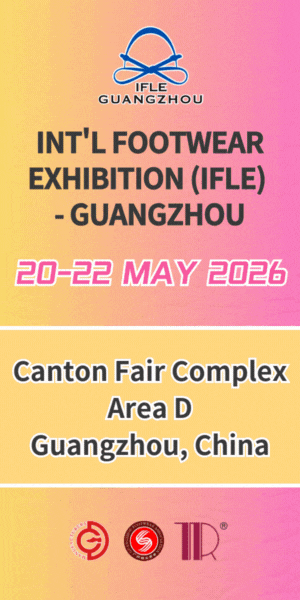EU label of origin volte-face explained
07/03/2013
ANCI and its counterparts in countries such as Spain (FICE) and Portugal (Apiccaps) have long argued that compulsory labelling to show where shoes are produced would give them an advantage over importers who source product in lower-cost manufacturing locations.
The European Commission originally proposed compulsory ‘Made In’ labelling in 2005 and the European Parliament approved the idea in a vote in 2010. However, in October 2012, the Commission said it was removing the labelling proposal from its programme of work for 2013 because of the differences of opinion on the matter that exist in different EU member states.
Broadly speaking, countries in northern Europe have a sourcing and retail emphasis, while those in southern Europe still believe in the importance of producing goods such as shoes and luxury products on home soil.
In February 2013, however, the European Commission made an entirely different announcement, saying it would press ahead to introduce legislation to make labels of origin compulsory.
At the March 2013 edition of the Micam exhibition in Milan, ANCI explained that the politician responsible for the decision to remove the proposal from the work programme for this year, trade commissioner Karel de Gucht, had failed to inform the European Parliament of his reasons for doing so. Because of that, labels of origin are back on the agenda in Brussels, now as part of wider proposals covering consumer product safety.
Another vote will take place on the issue at the European Parliament in April. If it passes, the heads of government of the 27 EU member states will be asked to approve its inclusion in legislation. ANCI said it expects no problems with the vote in April, but that the heads of some governments are likely to face intense lobbying, urging them not to go ahead. “The fight continues,” ANCI said.








